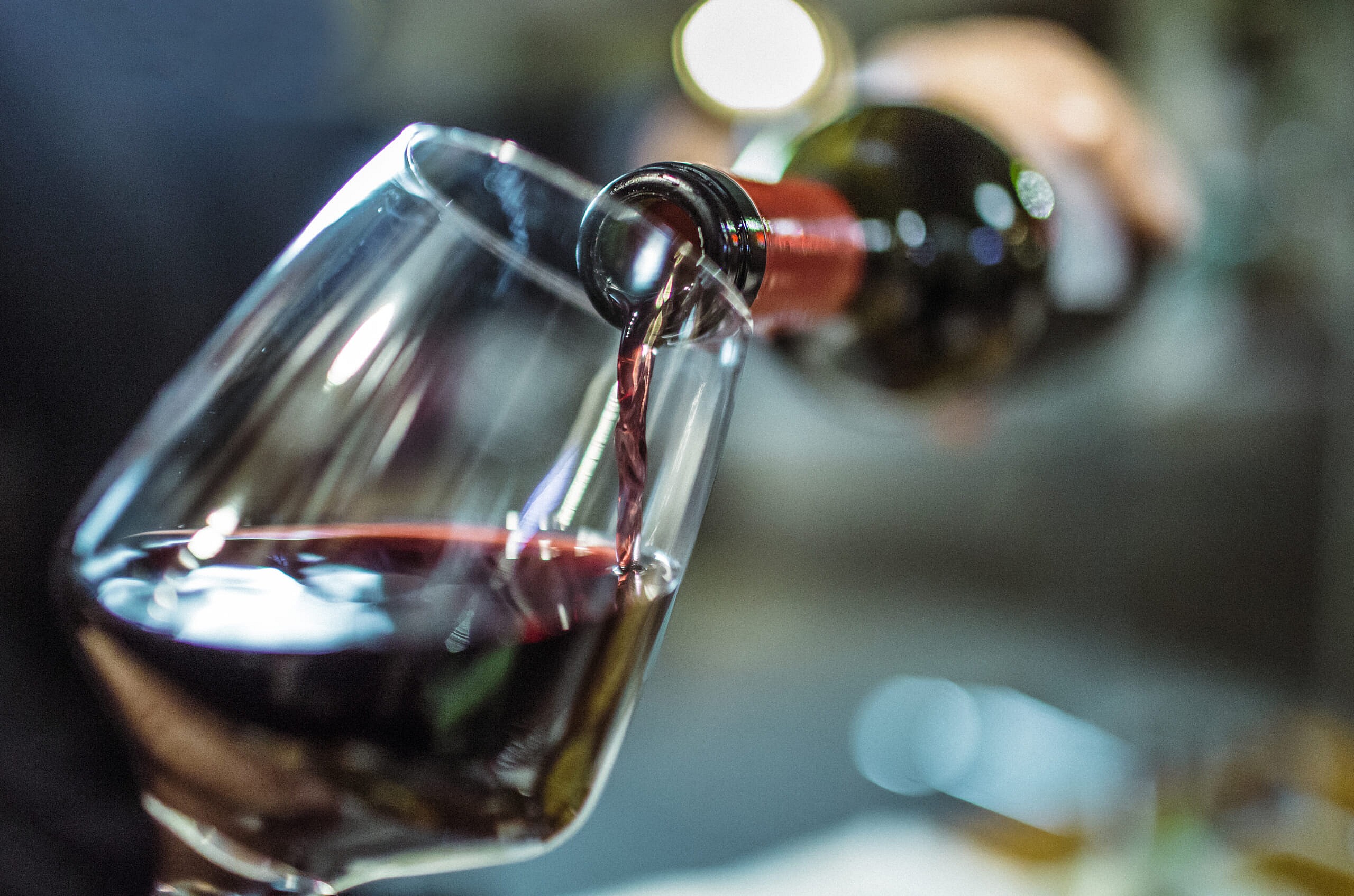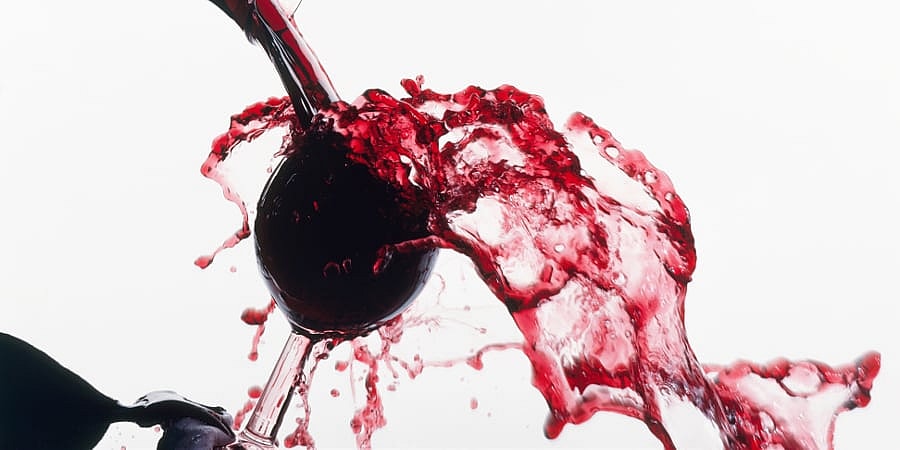Here’s the Truth About Red Wine’s Ability to Fight Stress and Depression
“Red red wine, you make me feel so fine/You keep me rockin’, all of the time.”

Good news for red wine aficionados: In laboratory tests on mice, a compound found in red wine really can actually contribute to alleviating anxiety and depression.
However, the scientific study indicates that imbibing a normal amount of the good grape probably won’t really give you enough of that compound to make a difference.
In the study led by the University of Buffalo, scientists fed mice resveratrol, a substance that occurs naturally in grapes. They’ve been studying it for years, having discovered some time ago that it can aid in enhancing mood and promoting relaxation.
Men’s Journal has more:
[Researchers] gave mice 10mg of resveratrol (via capsules) to counteract the effects of the enzyme phosphodiesterase 4 (PDE4). The mice did not get wine-drunk for this experiment, as there’s not enough resveratrol in red wine for the compound’s depression-diminishing properties to kick in.
So while you’ve seen headlines touting a glass of red wine’s ability to ease depression and anxiety, that’s not quite true. Yes, the resveratrol inhibited PDE4, but it’s not exactly the cure-all wine enthusiasts might have hoped for.
In fact, MJ reports that red wine has a relatively low level of resveratrol. To really get some kind of value out of it you’d need about 1 gram of the stuff daily, and wine just won’t provide that, unless you were willing to drink a tanker truck full, which is generally not advised for people who would rather stay alive.
So just eat lots of grapes then, right? Nope. It’d take a boatload of grapes to get that helpful gram of resveratrol—about 1,700 pounds.
The best way to get hold of a decent amount of resveratrol is through capsules, and you can find those in the pharmacy or grocery store supplement aisles. However you shouldn’t dump your Prozac and go stock up—scientists still aren’t 100 percent sure as to the full range of effects it has on your brain.

The truth, then, is that yes, red wine—and grapes, and other red-blue berries—contains resveratrol, and there is solid evidence the stuff could be useful for treating depression. But there isn’t really enough in resveratrol in a few glasses of wine to make a difference.
Does that mean you shouldn’t bother? No—there’s still evidence red wine “appears to be more healthful than some kinds of alcoholic beverage,” according to Medical News Today. It may improve heart health and help ward off certain forms of cancer.
Drink up and don’t worry about it.
